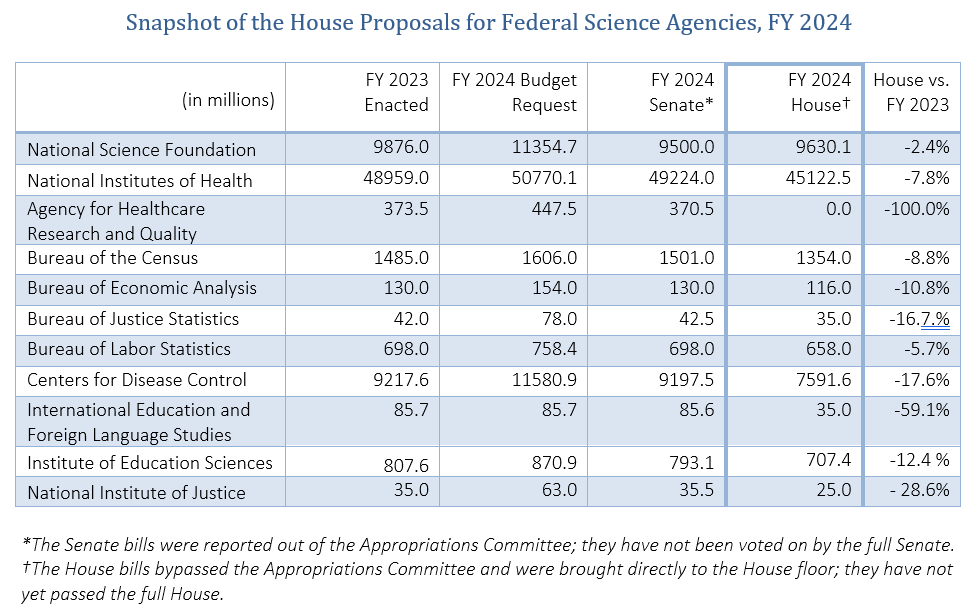COSSA advocates for sustainable federal funding for and widespread use of social and behavioral science research and federal policies that positively impact the conduct of research.
2021
Statement on the Retirement of Dr. William T. Riley
Washington, D.C. — The Consortium of Social Science Associations (COSSA) and its member associations congratulate Dr. William T. Riley, Associate Director for Behavioral and Social Sciences Research and Director of the Office of Behavioral and Social Sciences Research within the National Institutes of Health (NIH), on his upcoming retirement and express our deeply felt gratitude for his 16 years of public service.
Over the course of his career, Dr. Riley has worked to amplify the contributions of behavioral and social science research (BSSR) to improving health for all. In particular, during his tenure as Director of NIH’s Office of Behavioral and Social Sciences Research (OBSSR) starting in 2015, Dr. Riley ensured these sciences were integrated into research across the NIH’s Institutes and Centers, helping to shed light on the human dimensions of health.
Dr. Riley has also been a valued partner and conduit between NIH leadership and the external research community. Despite the many demands on his attention and his active collaboration with other federal agencies across the government, Dr. Riley was never too busy to engage in meaningful, impactful conversations with the extramural research community, whether patiently listening to concerns, raising new opportunities, or collectively strategizing ways to best promote our sciences. His receptiveness, generosity, and candor exemplify public service and the behavioral and social science research enterprise is stronger because of his leadership.
COSSA wishes Dr. Riley the very best in his retirement and thanks him for his many years of leadership in the social and behavioral sciences.
Competing Visions: The NSF for the Future Act and the U.S. Innovation and Competition Act
Summary
In June 2021, the House and Senate advanced separate versions of legislation to enhance U.S. innovation and global competitiveness. The approaches taken by the two bills, however, differ dramatically. The Senate bill focuses squarely on ways to harness and in some cases alter the nation’s scientific assets to better compete with China. The House bill, on the other hand, doubles down on the nation’s existing, proven scientific leadership and proposes additional investments to push the U.S. research enterprise—particularly the National Science Foundation—in new directions.
Despite the many differences between them, some parallels can be found; for example, both propose establishing a new directorate at the National Science Foundation focused on technology development and translational research, and both measures include substantive provisions related to research security and STEM education. Beyond that, though, many unresolved differences remain.
The following pages include COSSA’s in-depth analysis and comparison of provisions in the National Science Foundation for the Future Act (H.R. 2225) and the U.S. Innovation and Competition Act (S. 1260) that are of most relevance to the social and behavioral science community.

